Chukky Ibe, 21, was elected student union president of McMaster University, Canada, making him the second Nigerian and third black candidate to attain the position in the last five years. He won in all the six rounds of the election to be declared winner. Ibe, who says he has lived in Lagos for most of his life, discusses his journey to presidency, hopes and aspirations in this email interview with TheCable.
How surreal does it feel to be elected president of McMaster University student union?
Chukky Ibe: I am the third black candidate who has been president of McMaster Student union. I am the second Nigerian to my knowledge to be president. There have been three black presidents in the last five years, but before that, there were none. I had an outstanding relationship with both presidents. They made themselves available, and readily accessible to me, and as many students who showed interest in their positions.
When you got into the school, did you envisage that you would be student union president some day?
Advertisement
CI: Not at all. I just kept my head down, and worked with the communities I am a part of. That has always been the most important thing to me. Now I am president, I still do the same thing. I work with the communities around me. I love people, and I love to work.
What challenges did you encounter during the campaign period?
CI: Several. First of all, just fatigue. You have 10 days to reach 22,000 people. We had to be innovative with our communications strategy. It’s not easy opening up yourself to thousands of people. I am an introvert, and I am also a very private person. Campaigns are not really built for people like us.
Advertisement
Would your attribute these challenges to your race?
CI: There were six candidates, three of us were non-white people. It was necessary to create a communication strategy that acknowledges, body politics, but at the same time, speak to issues all student groups can identify with.
What did you think gave you an edge over your opponents?
CI: Many people tried to use the campaign period to build relationships and to connect with communities. I on the other hand have always been a part of so many communities. I did not have to convince anyone of anything because they have always been family. My goal was to connect with people who had no idea who I was. And speak specifically to their interest and how my campaign benefited them. I am also a really dynamic person. I can speak nerd, I can speak sport, I speak poetry, I speak video games, and I love people and love to listen to what they are interested in. That helped.
Advertisement
How do you see Barack Obama?
CI: I have studied President Obama. Read the transcripts of his speeches, and followed his policy closely. I am a fan of his brand of progressive and pragmatic politics. I and many others raise questions of his stance on international politics especially regarding the crisis in Libya and in the middle east. His regime has also made significant strides in building capacity in young African leaders and upholding democratic institutions. I am learning to be half the person he is.
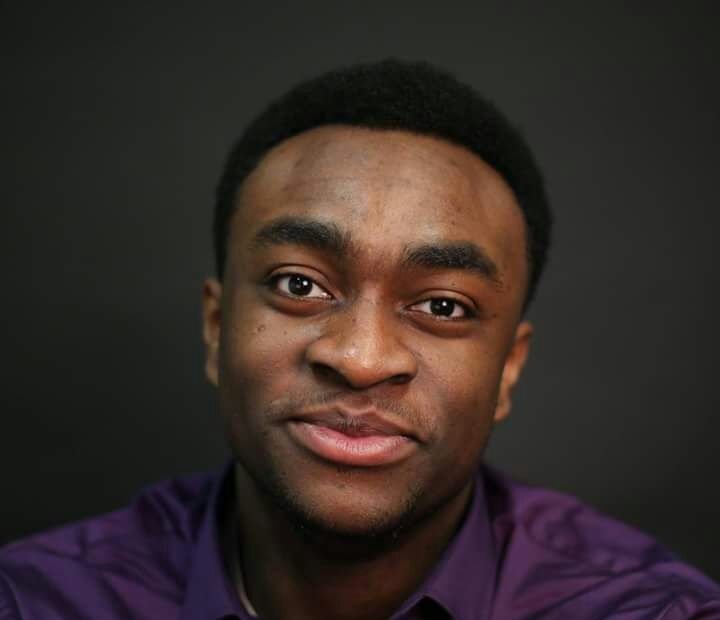
What was your journey like to get to this point?
CI: Bitter sweet. That is the only way I think it can be to be honest. I have fallen through periods where I have been unhealthy, but I also have a community here who wants to see me succeed. My family lives in Nigeria. So I have had to make home of the places I have found myself in.
Advertisement
How strong are your ties to Nigeria?
CI: All my formative years were spent in Nigeria; Ikeja, Idimu, Owerei, Ebonyi and Amuzi ikenanzizi. I know the traffic well, and how I am almost there actually means I just left my house. I know how we celebrate when it is mango season, and that no bundle of bananas should cost a thousand naira. I know the names of the masquerade in my village. I know which ones that love to dance, and which ones are thirsty for violence. My ties to Nigeria are very strong.
Advertisement
What are the challenges associated with being a black African man in Canada?
CI: In this part of the world, if you are black in the wrong place, you might lose your life to the people who are sworn to protect you. You can’t be too serious, or they would call you angry. You can’t be to playful or jovial, or they would call you lazy. You are constantly self-policing, and self-regulating to stay alive. For every one white person who gets hired, there were four black men who were passed over even though they were just as qualified. Curriculum does not acknowledge our history, or our successes. Populations that are densely populated by immigrants or refugees tend to be more depressed. This is the story that is usually reported. But it is not the entire picture.
Advertisement
When I go to church, or mosque with my friends, I see vibrant communities. Doctors, PhDs, students, all happy and thriving. I see small business owners working hard and creating jobs for their communities, There is an African food store, if you look close enough. I think it is also incredible how blackness brings so many people together. Jamaicans, Haitans, Latinos, African-America and Afro Caribbean, we all know we come from different places, but we can identify with a black narrative, and find and build community with each other.
Do you intend to go into politics?
Advertisement
CI: I intend to help as many people as I can in this world. I am not opposed to politics. It is definitely a tool, vessel for change.
Do you see yourself shattering more glass ceilings?
CI: I don’t think about shattering glass ceilings. I don’t care if no one has done it before. I just think about putting in the work, and working harder than anyone has ever done. Out-thinking and out-smarting the bunch of them.
What will you miss the most about Obama’s America?
CI: I won’t miss much. Because it is not going anywhere. The resilient communities where here before Obama was elected president. There were many activists before he was elected president. They will still be here after Obama’s presidency. I am so glad, that I was alive to see the first black president of the united states. Although I am Nigerian. All our presidents have looked like me. They were just Yoruba and Hausa. I am looking forward to seeing Nigeria’s first Igbo President. I also hope that more women who do amazing work in their communities will run for office and be recognized by the state.
What was your childhood like?
CI: My childhood had a lot of soccer, oranges, and laughter. My family is big, and perfectly imperfect. I didn’t always get along with my siblings, we are all so different. Sometimes its hard to imagine we are related. But we love to dance, and play music, and laugh. We are all musicians in my nuclear family. Both my parents sing incredibly well, and the kids can sing, and all play musical instruments.
My mom was strict with her television rules. My dad never allowed us to eat, if we have not done our homework. He never answered anytime I asked him the meaning of a word, he always asked me to check the dictionary. I have always been a voracious reader. In many ways, I think I am still a child. I’m not fully grown, just yet. There is still a lot of laughter, a bit less soccer, but I still love eating my oranges.
How old are you?
CI: I’m 21 years old, 22 in April. I’m looking to raise 2200 for a charity on my 22nd birthday. I’m so excited.
How did your family react to your new position?
CI: My entire family is ecstatic! They have made a lot of sacrifices, and took some significant financial risks with me. They have always invested in my education since I was a child. Everything they had, they put it into supporting me and my siblings. It is great to give them a break, take some burden off them.
What’s your biggest aspiration in life?
CI: I have always considered myself a builder. Not like an architect, but building on people’s ideas, connecting resources and innovating for change. I would like to be a professor, or work as a policy administrator in the education sector. I am also interested in a career in politics. Maybe I will run in another election one day. I also love running campaigns.
An advantage that I have had, was being able to study political campaigns. I will definitely be involved in that as a career. I am also an avid writer. I have written several collections of poetry and I am currently on my 4th play. I want to have a job that allows me continue my art. Ultimately, man proposes, and God disposes. My fate is in the hands of God, and I will let him continuously guide me
Who are your influences?
CI: My grandparents! My maternal grandmother, had an extensive career in politics in Nigeria. She has always being a force in my life. My paternal grandfather was a chief justice in Imo state. Growing up, just having them around, allowed me to dream about being more.
Do you have plans to relocate to Nigeria to invest your skill in the country?
CI: I don’t like to think about the world in terms of countries. I lived in Lagos most of my life. I spent most of my time there. I still follow the business and politics of Lagos. My ancestral homeland is Imo state. I want to see it safe, and flourish. I also like the idea of going to Sweden, or Brazil,or Kenya. The world is a big place. I want to invest and build with people. If Nigeria will have me, I will gladly work to build and advance the dream of Zik, Awolowo, and our founders.
1 comments

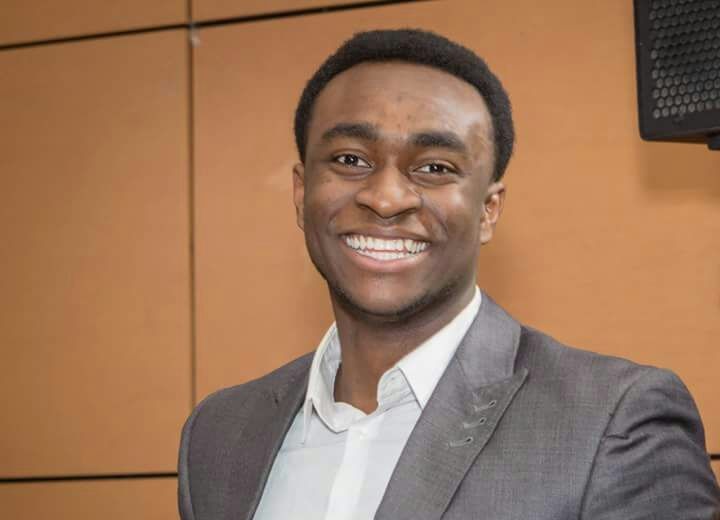
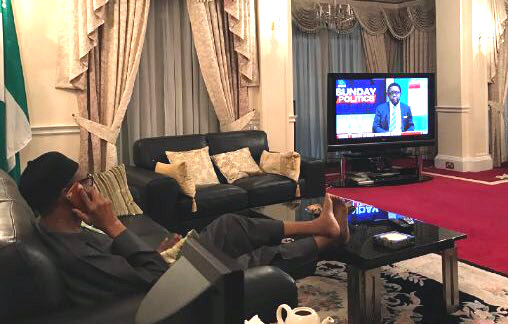
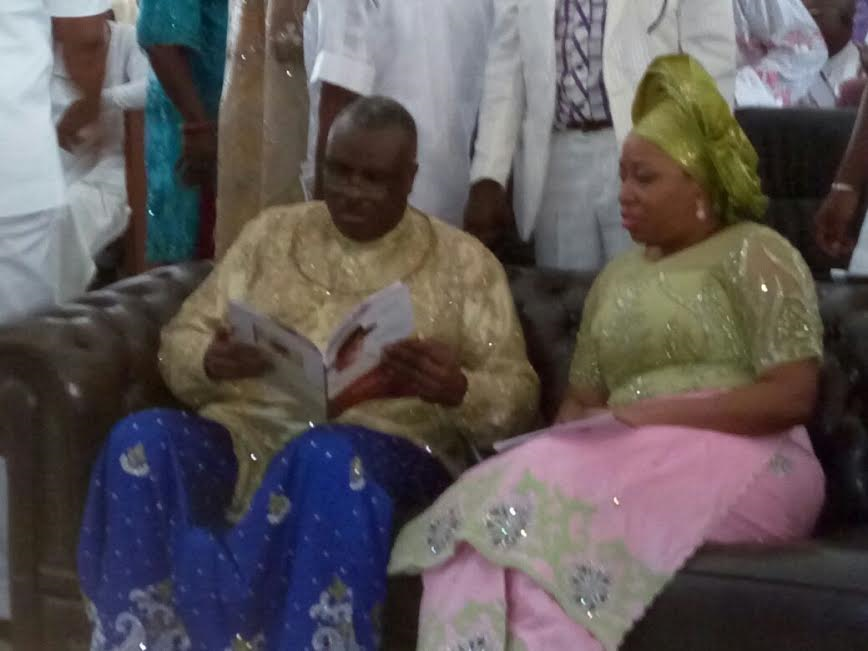
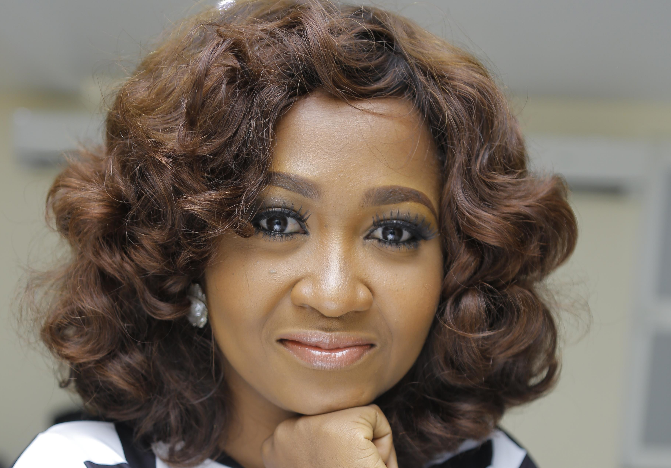
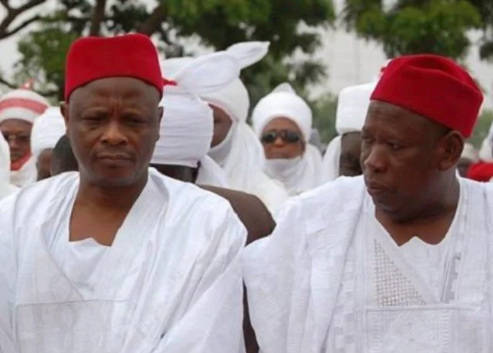

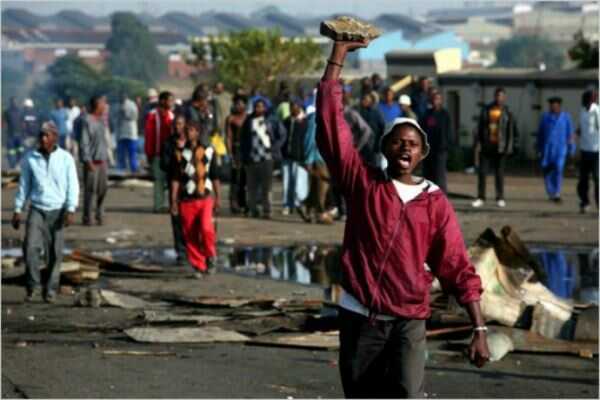
Inspiring young man. The future certainly is bright for you. LLNP